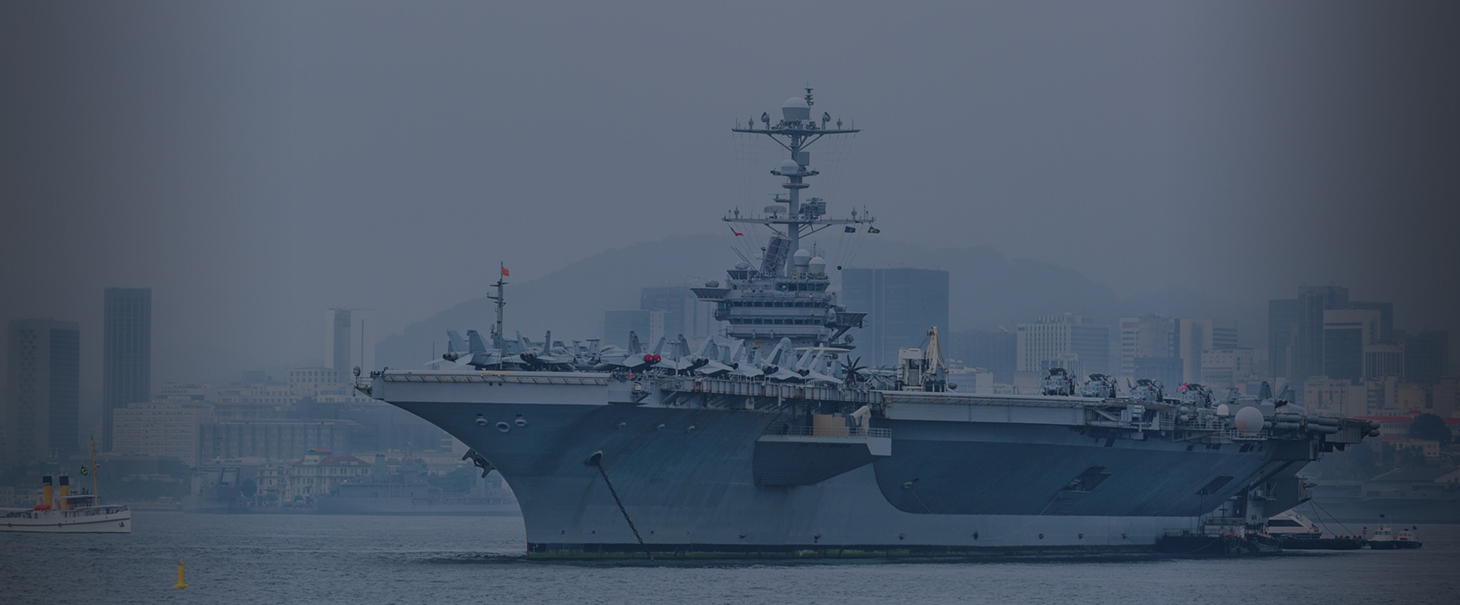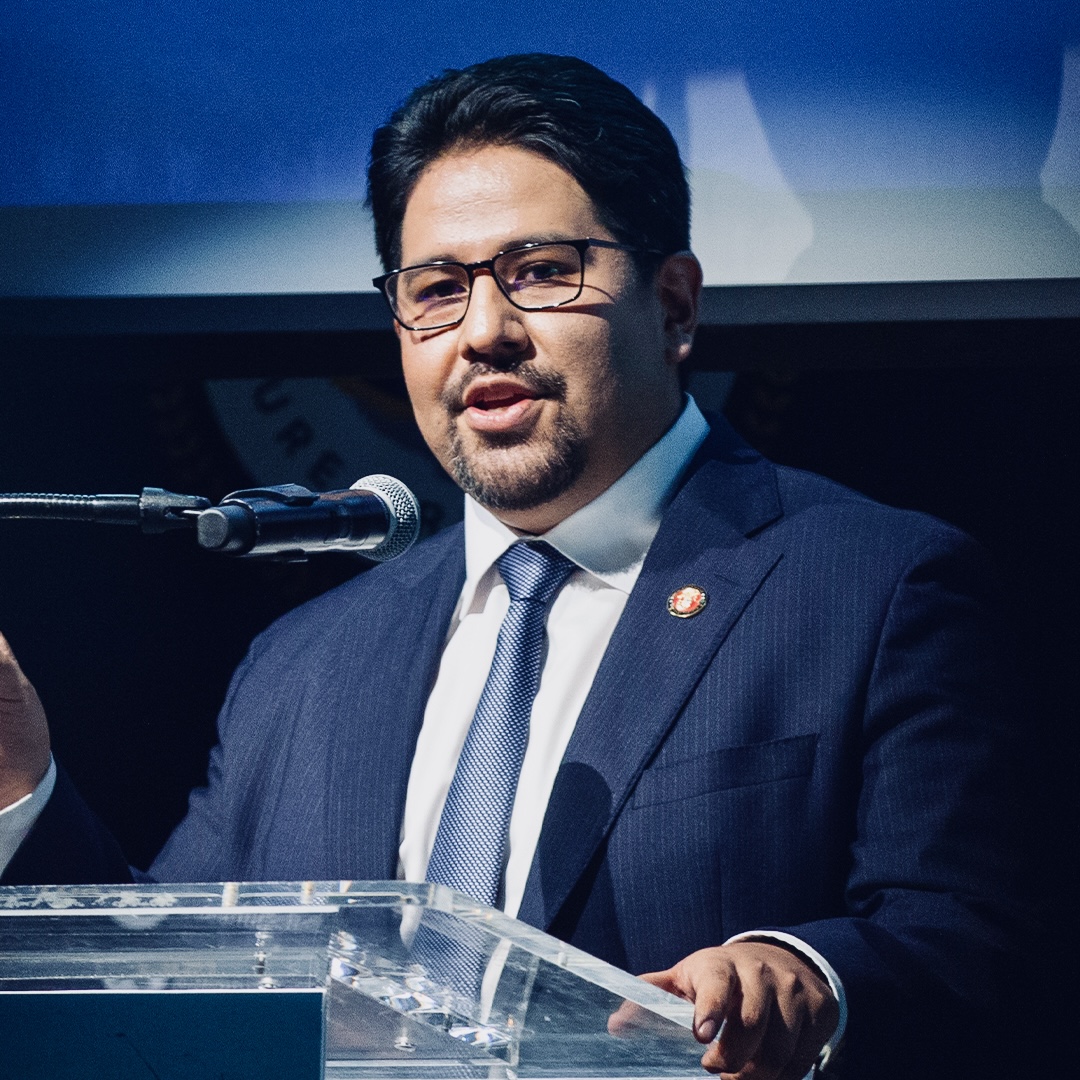EXPERT
DOWNLOAD
Joseph Humire testifies in a hearing by the House Committee on Foreign Affairs Subcommittee on the Western Hemisphere on the “Issues and Opportunities in the Western Hemisphere” held on Tuesday, February 18, 2017, at the Rayburn House Office Building.
Opening Statement
Chairman Duncan, Ranking Member Sires, distinguished members of the subcommittee, good afternoon. I thank you once again for inviting me to testify before you today and thank you for your leadership on a region that is near and dear to my heart and where I spend a lot of time through my work.
We are in an important period of transition, both in the world but, more particularly, in the Western Hemisphere. The rise of pro U.S. governments in Argentina, Peru, Brazil, Guatemala and, potentially, other nations in the region very soon, combined with what appears to be a renewed focus from the White House with the appointment of General John Kelly. Along with the leadership of this Congress, I believe there are ample opportunities to increase our engagement throughout the Americas.
Capitalizing on these opportunities, however, is going to require a strategic approach that’s informed by our partners in the Latin America and Caribbean area. Through my work, I primarily focus on national security issues, but I spend a lot of time on the ground. I travel to the region probably more than I want. I spend a lot of time dealing with different actors and different partners that are—express different challenges that they are experiencing in their respective countries. With that, I can say that any
regional strategy must take into account the growing transnational threats that are active in both Central, South America, and the Caribbean, along with the regional and extra regional actors that are exacerbating these challenges, many of which are identified in my written testimony.
In my written remarks, I provide a series of recommendations, five recommendations in particular that I believe are areas where the Congress and the new administration can collaborate to further U.S. interests in the hemisphere. I’d like to highlight three of them.
The first is immigration security. Border security begins beyond the border. There is a series of networks that are permeating all throughout Latin America from the southern tip of Argentina all the way up north through Mexico, passing through countries like Venezuela and Central America. The ability to capitalize on our immigration security is encompassed in our ability to strengthen our human intelligence collection. It is no longer sufficient to simply rely on law enforcement or immigration officials to wait until they get to the border or to the airport to be able to identify what is a threat. We must be able to augment our Embassies and consulates abroad who are literally our first line of defense when it comes to immigration security and I believe with the prioritization of the administration on this issue
this provides a tremendous opportunity for the Congress to collaborate on this and Latin America.
The second is counterterrorism. We are—in about less than a month we are about to embark upon a historic legal precedent in Latin America, both in Brazil and in Peru.
For the first time in the region there is a strong potential that we will have the first conviction of a member of an Islamic terrorist organization, both a Sunni Salaafist organization and that of ISIS as well as a Shi’a extremist organization and that of Hezbollah. The case in Peru is set to be adjudicated before the end of March. The case in Brazil of 12 sympathizers to ISIS that plotted to blow
up several sites before the summer Olympics this past—this past year is set to adjudicate even sooner. If these cases are convicted and sentenced, this is the first time in Latin America’s history that a member of an Islamist terrorist organization is convicted for being a member of an Islamic terrorist organization. That creates a legal precedent, because in Latin America there is a legal vacuum in that about half the countries have anti-terrorism legislation but even the countries that have this legislation they never took into account foreign terrorist organizations. It was mostly domestic terrorism threats that they were dealing with when they addressed this problem. The influx of foreign terrorist organizations into the region creates a different challenge for these countries and being able to convict these individuals are de facto designations. I believe that will create a tremendous opportunity for the United States to cooperate with these countries to provide technical assistance, legal assistance and other so that they can create a bigger robust counter terrorism coalition.
The final recommendation—not the final recommendation in my written remarks but the one I’d like to address in my opening statement is looking at a particular phenomenon in Latin America that goes beyond corruption. Many countries in Latin America are facing informal markets, illicit markets that override a lot of times the formal markets, free enterprise oftentimes being overrun by criminal enterprise. However, there are select few countries that have gone beyond that to essentially use criminalization as a way to empower state policy and to project their influence both within their country and abroad. A colleague of mine, regional security expert Douglas Farah, has called these countries criminalized states. I believe that’s a concept that we need to develop, and we need to discuss all countries using transnational organized crime, terrorism, and proliferation of illicit products as a method to empower their governments, control their people, and eventually promote their influence regionally.
I believe if we can assess that and determine that we need to establish a strategy to deter it and neutralize it because that can essentially become a bigger threat if you combine it with the component of extra-regional actors. With that, I will just conclude by saying that, you know, I agree with your assessment, Mr. Chairman, that Latin America is largely a zone of peace, if you want to call it that.
My colleagues in the defense community often tell me that while we have headaches in Latin America we have migraines in the Middle East. But what I would like to couch the committee to think about is that those headaches can turn into migraines if we don’t anticipate the problems that are coming our way. Warfare—war is nothing
more than compulsion, and there are many ways to compel your adversaries. And I believe in Latin America we are in a asymmetric war for legitimacy in the region, and that we have not yet begun to fight. In my written testimony I have identified these recommendations about how to advance these interests but it has to be couched among the concept that if we lose in our hemisphere we are going to lose everywhere.


 Joseph M. Humire
Joseph M. Humire